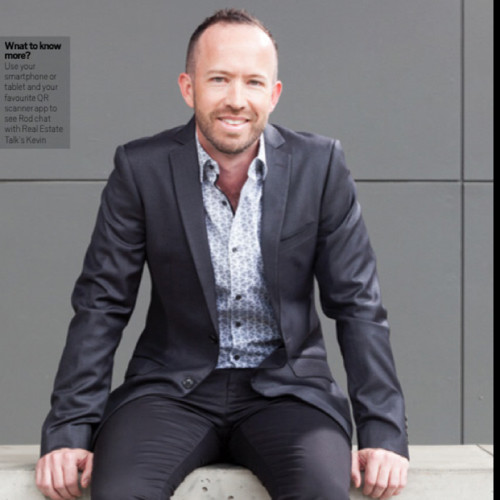
- Author: Nicole Madigan
- Posted: January 25, 2022
Where are CFOs Investing & Saving in 2022?
Marketing and technology will be critical areas of investment as the world returns to a semi-normal state in 2022. But CFOs will also have to manage the ripple effect of another global shift, and the changing expectations of consumers.
In the first of a three-part series for CFO Magazine A/NZ , Nicole Madigan speaks with Queensland based CFO, Rod Facey, who leads the Finance function for S.D.F Electrical, a privately owned company which is celebrating more than three decades of continued growth and success to find out how he is approaching 2022.
Rod Facey, CFO | S.D.F Electrical
Cash flow management and general project funding have always been critical roles for CFOs working in the construction sector.
But according to S.D.F Electrical CFO, Rod Facey, this has been made slightly more difficult over the past two years thanks to the pandemic, with financiers becoming more conservative, with much lower risk tolerance, making funding harder to secure.
“This means that CFOs need to proactively manage organisational resources as funding is likely to be only made available to well managed organisations,” says Mr Facey.
When it comes to his investment plans for 2022, Mr Facey says spending will look fairly similar to what it has done over the past couple of years, due to the long term strategy already in place.
“We have effectively forecast our spending based on job requirements and have factored in any relevant COVID related risk.”

New to the contruction industry having recently moved across from the Real Estate Institute of Queensland, Mr Facey says both organisations have made concerted efforts in investing in technology by way of digital transformation projects.
“The DTPs have focused on flexible work environment, cloud-based solutions, highly agile data insights by way of business intelligence (BI) reporting, and consolidating disparate systems,” he says.
“COVID has significantly influenced the pace by which cloud-based solutions have been developed and implemented.”
While Mr Facey says he doesn’t believe spending will change significantly in 2022, the COVID-19 ripple effect will likely prompte a greater demand on property, due to the increase in interstate migration.
“This is predicted to result in revenue growth off the back of the buoyant property development and infrastructure sector.”
When it comes to investing in 2022, Mr Facey will also be focusing on technology, as the organisation looks for contemporary ways to support its continued growth, in line with society’s changing behaviours.
“The past few years should have taught every CFO to plan for the unknown, and have an incredibly robust business continuity plan and a highly flexible, cloud-based technology platform.
“Further plans should include developing insightful dashboards and metrics that can be used as a basis for scenario planning.”
With the organisation already running lean, Mr Facey says his focus will be on smart spending, not saving.
“If anything, we’d be looking to increase spending in areas that are needed to ensure the organisation is prepared for growth.”
As we approach a year set to resemble a sort of normality not seen since 2019, Mr Facey says CFOs must take an innovative approach to their investment strategies.
“Naturally, this response will vary depending on the industry, however, I believe there will be mainly upside in the real estate and property sector.
“I’m hopeful that normalisation will stabilise the small-home building sector, which is currently suffering from significant margin erosion, with many small builders teetering on the edge of collapse, as has been publicly highlighted in recent times.”
Despite the need to innovate, Mr Facey says CFOs should continue the agile-based approach most have taken over the past couple of years.
“Whilst agility is important, it is equally important to reflect and possibly execute what has been learned around having to scaffold the organisational during difficult economic conditions.”








